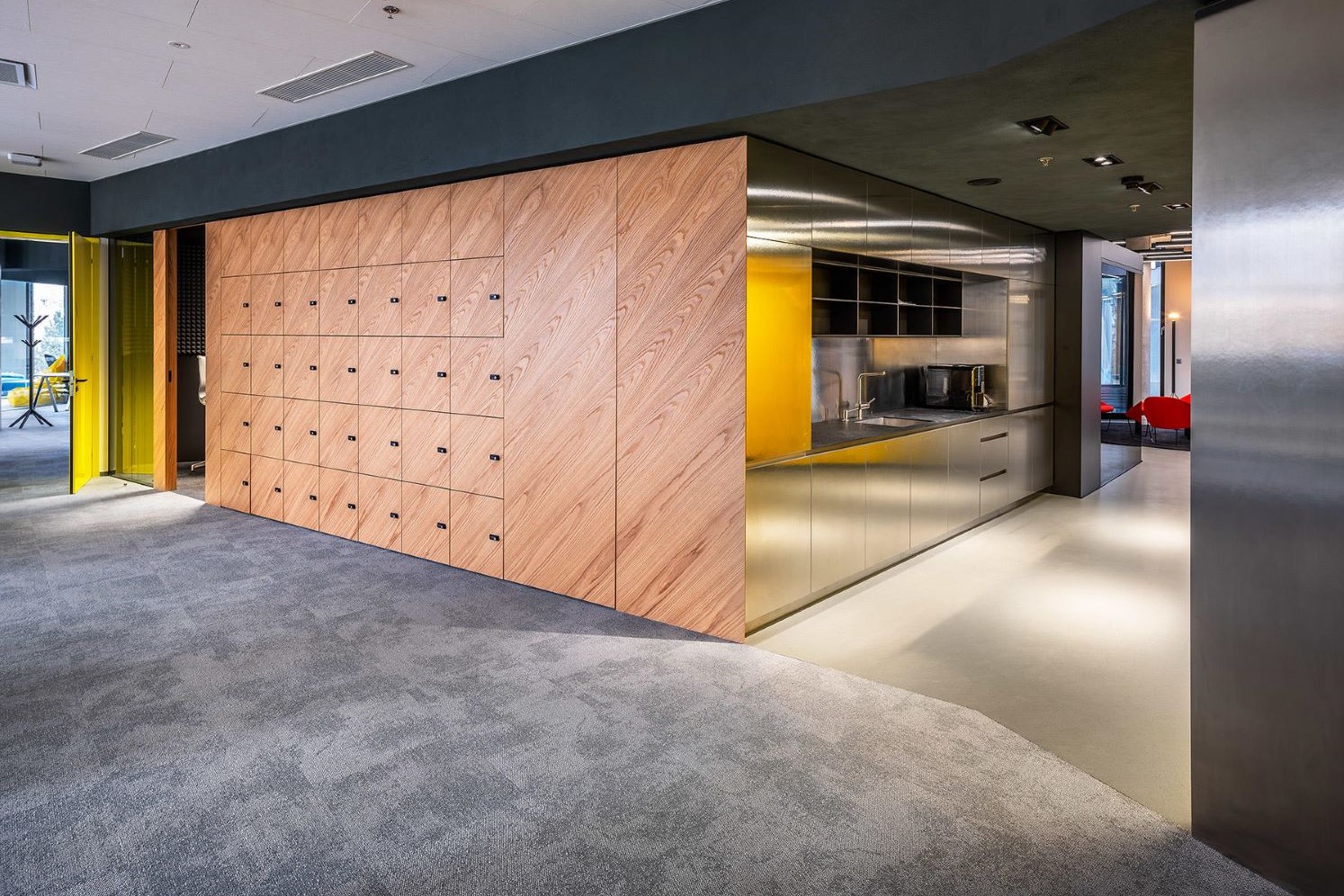
March, 2020
Here we explore measures to create the sustainable office, including reducing waste, increasing recycling, improving energy efficiency, and purchasing sustainable office furniture and supplies. Plus, we take a look at what the experts recommend for the design and build community.
A changing world
Back in 2016 Morgan Lovell found that 72% of workers said it was important to them to work in a sustainable environment and with sustainability needs heightened in 2020, that number is certain to be higher.
The world is in a race against time to try and limit global warming to 1.5 degrees celsius – the amount of warming deemed acceptable by the United Nations. Recent flooding events in the UK and bush fires in Australia have increased the sense of urgency. In addition, David Attenborough’s coverage of plastic pollution in our oceans in the last few years has meant a greater number of people are thinking about how their behaviours are impacting the natural world.
The world of office design and management are not immune to these forces, and as awareness of the climate emergency and the environmental impact of pollution grows, more and more companies are looking to make their offices more sustainable.
The target brief set by the UK Green Building Council can act as a template for other refurbishment projects:
The brief aimed to balance the health, wellbeing and productivity of the twenty-five regular office users with outstanding resource and energy efficiency and a low carbon approach.
Targets included:
At least a 10% improvement in staff satisfaction with the office environment.
Even if you are not doing a major refurbishment project there are some simple ways to help.
Waste
Just like households, offices can produce large amounts of waste. From food waste to plastics and paper, there are ways to reduce the amount of waste and dispose of it in the most environmentally friendly way.
Ensuring that waste is separated into different types is key, aligning with the local council’s waste processing capabilities. This could include separate containers for organic waste e.g. food, recyclables and rubbish for landfill.
Water dispensers can create a lot of plastic waste too through disposable plastic cups. Asking staff to bring in their own porcelain cups or providing them with glasses can help to reduce this.
Lighting
Electrical lighting can form a significant part of an office’s energy usage. Reducing consumption will help to decrease Green House Gas (GHG) emissions and also save the company on electricity bills.
A combination of installing the most energy-efficient LED lights, and sensors that will only turn on lights when staff are in a particular area, are the most popular measures. Although there might be a greater upfront cost when compared with older systems, over time the benefits will accrue.
Office supplies and furniture
Office managers purchase many items regularly to help with the functioning of the workplace. These can include coffee, tea, milk, sugar, fruit, paper, cleaning equipment, mugs, cutlery and plates.
Ensuring the most sustainable products are procured is essential to boosting the green credentials of the company. There are many office suppliers who focus on sustainability. They can help source environmentally friendly items that have been certified in areas such as renewable energy use in their production, water conservation and reuse of materials.
Similar certifications can be sought for office furniture such as tables and chairs, to ensure those products haven’t harmed the environment across their supply chain.
Energy efficiency
Heating and cooling the office, as well as powering electronic office equipment, are prime sources of energy usage.
Flooring
It is worth noting that carpet tiles have excellent insulation properties compared to many other floor coverings. It means that less heat will leak out in the winter and leak in during the summer, reducing GHGs and energy bills.
We pride ourselves on our ability to offer sustainable floor covering options and when it comes to sustainability credentials the Freedom Storm range featured above has it all.